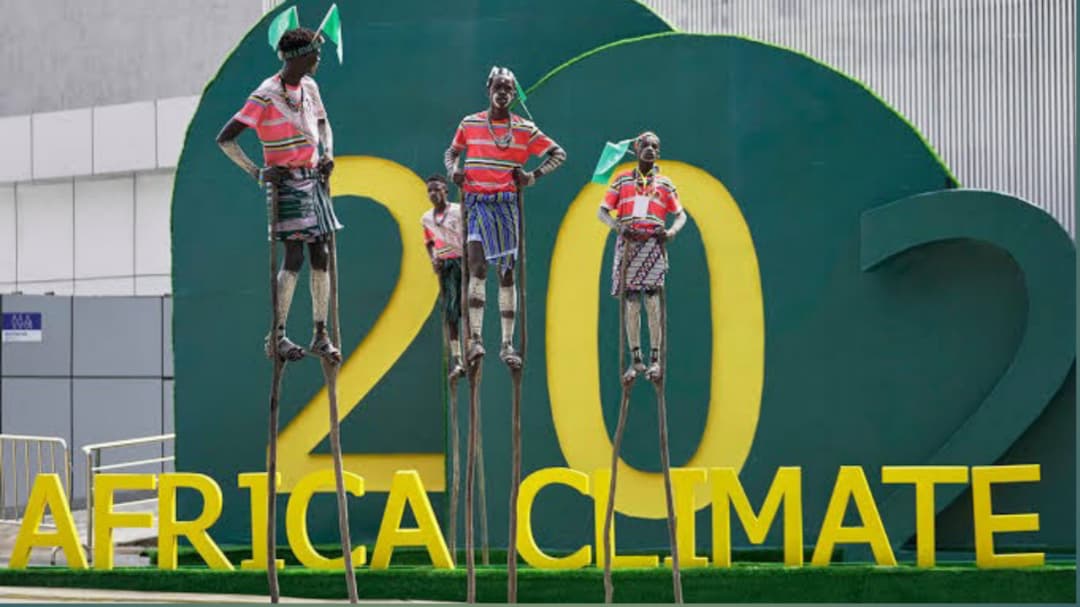You may also like...
How DNA Testing Is Finally Answering The Question Slavery Tried to Erase

DNA testing is helping Black Americans reclaim identities slavery tried to erase—pinpointing African countries, ethnic g...
Color Effects on Short-Term Emotional Mood

Color has a measurable short-term impact on mood, shaping emotions, behavior, and perception. Read about the science, ps...
Africa at COP30 and the Growing Demand for Climate Justice

This article explains why climate justice matters to Africa, what African leaders raised at COP30, and how fairness, fun...
Nigerian Hit Songs Between Mid-2010s - 2020s That You Should Re-listen To

From Wizkid to Ayra Starr, these ten hit songs from the mid-2010s to the 2020s defined an era and still sound just as go...
5 Reasons Your Migraine Keeps Coming Back

Always battling recurring migraines? From screen overload to skipped meals and stress, here are 5 everyday lifestyle rea...
Dr. Ola Orekunrin: Nigerian-British Doctor and Founder of Flying Doctors Nigeria

Meet Dr. Ola Orekunrin, the Nigerian-British doctor who founded Flying Doctors Nigeria, West Africa’s first air ambulanc...
7 Nutritious Breakfasts You Can Make in Under 10 Minutes

Always running late in the morning? These 7 nutritious Nigerian breakfast ideas can be made in under 10 minutes and are ...
’90s Heels That Refused to Stay in the Past: Six Styles Walking Back Into 2026

Six iconic heels from the 1990s are making a stylish return in 2026. From two-tone pumps to transparent heels, here’s ho...